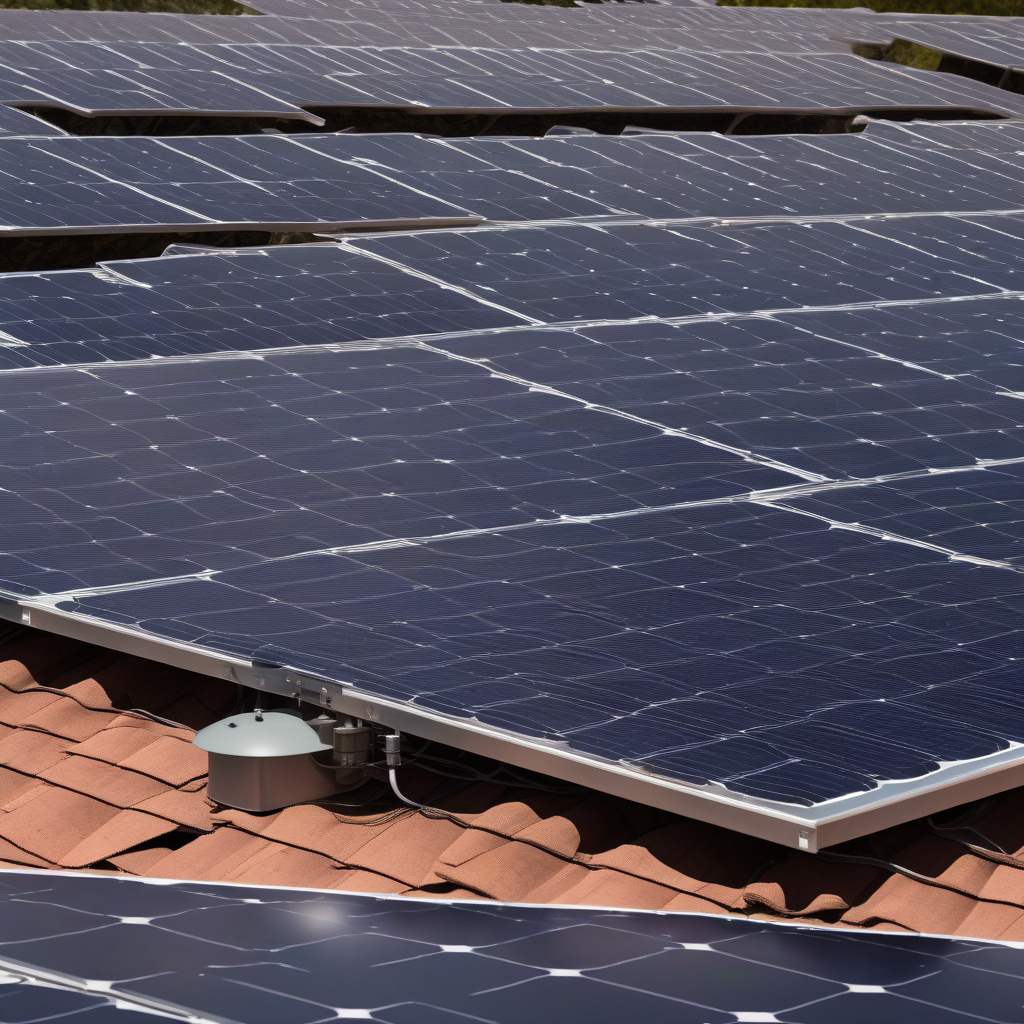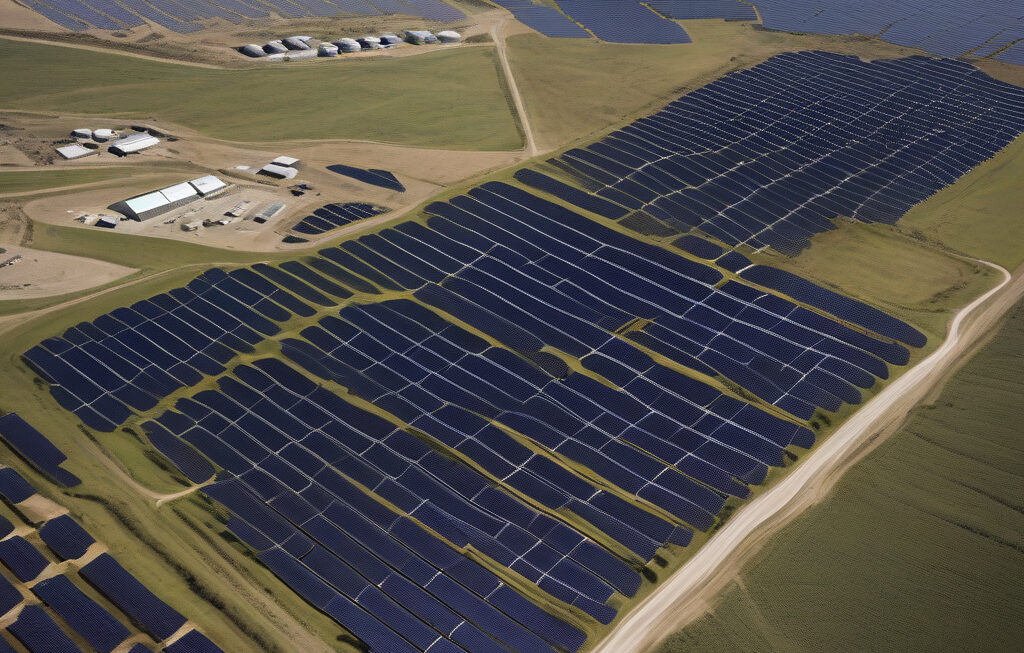China’s Hidden Tech in Solar Gear Raises Fears of Spying on the US Power Grid
The U.S. is heavily dependent on Chinese-made parts for its solar power systems. But that reliance is now sparking concerns about potential espionage and security threats to the American power grid. As the world’s largest producer of solar panels, China has a significant influence on the global renewable energy market. However, recent reports have revealed that some Chinese-made solar equipment may contain hidden technology that could be used for spying or sabotage.
One of the main issues is the presence of electronic components in solar inverters, which are crucial for converting the direct current (DC) generated by solar panels into alternating current (AC) that can be used to power homes and businesses. These inverters are often manufactured in China and other countries, making it difficult to trace their origins and potential security risks. With the growing adoption of solar power in the U.S., the use of foreign-made inverters has become a point of concern for policymakers and cybersecurity experts.
In 2020, the U.S. government issued an alert warning about the risks associated with using Chinese-made inverters in solar installations. The alert highlighted the potential for these devices to be compromised by malicious actors, allowing them to disrupt or even take control of the power grid. This vulnerability could have serious consequences for national security and the stability of the electrical infrastructure.
The concerns over Chinese-made solar equipment go beyond just the inverters. Solar panels themselves can also be a source of risk, as they may contain surveillance technology that could be exploited for espionage purposes. The integration of internet-connected devices, known as the Internet of Things (IoT), in solar panels raises additional security challenges, as these devices can be vulnerable to cyber attacks if not properly secured.
To address these concerns, some U.S. lawmakers have proposed measures to restrict the use of Chinese-made solar equipment in critical infrastructure projects. The Solar Energy Industries Association (SEIA) has also called for increased transparency and cybersecurity standards in the solar industry to protect against potential threats. By promoting domestic manufacturing and investing in research and development, the U.S. aims to reduce its dependence on foreign suppliers and enhance the resilience of its energy systems.
As the renewable energy sector continues to expand, cybersecurity will play an increasingly important role in safeguarding critical infrastructure against emerging threats. Ensuring the integrity and security of solar power systems is essential to prevent unauthorized access and potential disruptions to the power grid. By addressing the risks associated with Chinese-made solar equipment and promoting cybersecurity best practices, the U.S. can mitigate the threat of foreign interference and protect its energy independence.
In conclusion, the reliance on Chinese-made parts in solar power systems poses a significant security risk to the U.S. power grid. By addressing the vulnerabilities associated with foreign-made solar equipment and implementing robust cybersecurity measures, the U.S. can safeguard its critical infrastructure and ensure a resilient energy future.
solarpower, cybersecurity, energyindependence, Chinesetech, criticalinfrastructure












